Name: Jamie Schaafsma
Age: 35
Hometown: Blenheim, Ontario
Team: Fort Wayne Komets
2017-18 Stats: 48 gp, 12g, 15a, 27 pts
ECHL: 2018-19 will be your 15th season in professional hockey. What is your secret to staying in shape for all these years?
Jamie Schaafsma: I've actually taken my training a lot more serious probably the last five years. I have a personal trainer back home in Chatham (Ontario), where we live now, and I do group training sessions. TJ Brodie is from Chatham and Seth Griffith as well, those are probably the big names around here, they're in our training group. Dane Fox, who used to play in the ECHL, he’s in the group also, as well as some younger junior and college guys. We all train together at nine in the morning and it's nice having the camaraderie like when you’re on a hockey team. I love it, I started to enjoy working out, which has helped me have this longevity and be able to play for so many seasons. Now that I'm 35, I know that I'm getting older and I'm not going to be able to play forever, but I definitely have to stay in shape to prolong that as long as I can.
ECHL: When did you make that adjustment on your training and start to take it more seriously?
JS: I would say right before my last year in Allen so around 2014, maybe it was even 2013. I got in touch with my current trainer. I had some injury issues with my hips, and, it just seemed to be something I wasn't used to having. It really bothered me and hindered my skating, and I wasn't used to that. I was getting some rehab therapy, and it helped a little bit, but I talked to my trainer, and he thought I was weak in my hips and through my core. He had a grasp on what hockey players need to do to counteract everything we do to break our body down during the year, and having that knowledge at my disposal, it's helped me a lot. I trusted him and did the workouts that he gave me, and I started to feel a lot better. Even in the first year, I felt like I wasn't very good at training. It took some time to adjust, find out what worked for me and get a rhythm for it. I'm getting older so it’s really important now, but I wish I had been doing the things that I'm doing now when I was 20 or even younger than that. I think it would have helped me a lot more, helped prevented a lot of injuries and potentially helped me have more success.
ECHL: So you’re spending the offseason back in Canada?
JS: Yes, my wife Nicole and I, and our kids live in Chatham, Ontario. Blenheim is where I grew up, which is only 15 minutes south of Chatham. My wife is from Chatham, so we have a house here and we like to come home every summer. I do my training and we spend time with our family and our friends so it's important to both of us. We try to get back a little early for the season so our kids can get set up in school in Fort Wayne. We've been doing that for many years, so now my wife and I are seasoned hockey travelers with our moves; getting our U-Hauls packed up and our house packed up in a few days and moving. It used to be a big stress on us, but I think now we feel like we're so good at it that it doesn't really phase us anymore.
ECHL: How many kids do you and your wife have?
JS: We have four kids. Our oldest is our daughter Sawyer, she's seven. Then we have Sutter who is five, he will turn six in October so he and Sawyer are 14 months apart. Then we have Sullivan who just turned two, he's awesome, he loves hockey. Then we have Sloan, he is just over three months now. They're all ‘S’ names and when I can't tell them apart I just throw out an ‘S’ name and hope I'm right – I basically call Sutter, Sullivan and Sully, Sutter at least once a day.
ECHL: Did you guys go with the ‘S’ names for the alliteration for the first and last names?
JS: You know what, when we started with Sawyer, Sawyer James was her name, so the middle name was after me and Sawyer was just a name that I really liked and Nicole liked as well. So we were kind of just stuck on that whether it was a boy or girl. Then Sutter, we were watching the Stanley Cup Playoffs and the Coach of the Los Angeles Kings was Darryl Sutter. So Nicole heard Sutter a bunch of times, and she was like 'Hey I like that name,' and I thought the same thing, so that's how he became Sutter. Then there was kind of an ‘S’ theme, and I think we wanted to keep it going. He's actually Sutter Jack so it's SJS, SJS, all four of my kids initials are SJS. I don't even know why we do it, I think it's kind of goofy but it's kind of cool.
ECHL: So the ‘SJS’ names weren’t a strategic plan by you and Nicole?
JS: They weren’t from the start. It was more like, it just kind of happened. It’s funny too, because talking about Sutter being named after the coach in LA, they won the Stanley Cup that year and he was born in October afterwards. Then Sullivan was named after Pittsburgh Penguins coach Mike Sullivan, Pittsburgh actually won the Cup the year Sullivan was born. So the two years that Sutter and Sullivan were born, the coaches they were named after won the Stanley Cup. It wasn't what we intended but that's just how it worked out, so that was kind of cool. So we had Sullivan Jet and then we went with Sloan Jensen to keep the SJS names and that's just how it worked out.
ECHL: So you've been there for a couple seasons now, but what made you decide to re-sign in Fort Wayne for the 2018-19 Season?
JS: We've had a good team in Fort Wayne pretty much every year that I've been there. We've had a team that I've felt was a contender for the Kelly Cup and while we've come up short every year, we've always put ourselves in a good position. I think the ECHL all together is a great league, and usually the Top 8 teams probably separate themselves from the rest each year. I usually think about that number, the Top 8, any of those teams really could win it. It's who comes together and plays the best hockey at the right time. I wish we had more success and would have won a Kelly Cup in Fort Wayne so far but we haven't. But I love that in Fort Wayne we're always competitive, and I look forward to another season of that. The city itself we've grown accustomed to. Our kids are in school there and we've built some friendships there. It's a great city to play hockey in, the owners are great, the coaches are great, there's really nothing bad I can say about Fort Wayne. We're really happy to be back. It's only a three and a half hour drive for my family to come from home, so that's not bad. It seems like every other weekend someone's coming to visit and come stay with us, so we really enjoy that and I'm definitely happy to be a Komet again for one more year, and also to be able to play pro hockey for one more year.
ECHL: The Komets 2017-18 Season came to an end after a Game 7 OT loss to Colorado, the eventual Kelly Cup Champions. How do you regroup from a loss like that? Do you think your experience in your professional career helped you get over it easier than some of the younger guys?
JS: I think that's a great question. For one thing, you never get over losing like that. You're never going to say ‘it is what it is’. That's not the only time it's happened to me in my career. Before I ever won a championship, I had some crushing losses. There was a place I was playing in Italy, for two years we were the top team and we lost in the Finals both years. We were favorites and expected to win and we didn't, it was heartbreaking. You never really get over it, you're always going to regret it, that's just the way the game is. I do find comfort in thinking we lost to a team that was very good, and they proved that they were more deserving of the win. You move on, you get past it, but you never really get over it. It gets you hungrier to win the next time, so those are the type of things I try to say to the guys after we lose. There is nothing you can say in those moments that will make everyone feel good, but the process of trying to win a championship, or even playing professional hockey all together, I think we're all lucky to have that opportunity. Those are the things you have to start to looking at if you're really shook up over a loss, we still live a great life and we get to do what we love every day, and you get another chance the next year to try to win.
ECHL: Looking forward to the 2018-19 Season, what lessons do you take from a series like that as you start to regroup for this season?
JS: I think last year what you could realize, and I'm sure Colorado noticed it too, is the small margin they won by. It really comes down to just these tiny little plays where you make a mistake here, or you weren't prepared enough in a certain way, and it broke down and ending up costing you. It could be one little thing that ends up costing you big time. So, for me, it's the details within the game; making sure your team is well prepared and you know how to react in different situations. It's preparing yourself for those moments and realizing that it's going to come down to the smallest play, how important those small plays are, and how they add up. A lot of these things become cliché because you say them so often throughout the year but that's why they're cliché, because there's so much truth to it. I think the real recipe for winning is in the preparation, obviously you have to have the horses to win, but the team that prepares themselves for those big moments, where you have to stick together and stick to the plan, it gives you a better chance of things going your way. You want to prepare yourself as best as you can physically, mentally, and as a team, all those aspects come into play when you're playing in those big moments.
ECHL: Over the last couple seasons you've transitioned into a Player/Assistant Coach role, has that changed how you view the game and how you see and take in the game?
JS: I don't think it's changed that much. I think I've always been a guy who breaks the game down on my own anyways. I was looking to transition into coaching and I think it has helped me see things from the other side. I think Gary (Graham, Komets Head Coach) took me in and showed me how things work from his end and what he's doing behind the scenes, so it was kind of getting mentored on that side. My approach to the game or to the team really hasn't changed that much. I still think a Captain has a big role and, as Assistant Coach, I'm not scared to give my ideas to the Coach. I try to contribute a little bit here and there, and having a good grasp on what's going on in the dressing room helps with those decisions as well. It's nice that I have the chance to work closer with the coaches, I think it brings the team together a bit more and, I've really enjoyed the experience so far. We'll see in the future, hopefully there is a job for me in coaching. I'm still trying to gain experience as far as what goes on and what gets talked about before and after games, scouting teams and players, and recruitment in the summer. I'm always trying to improve and get better in different ways, and I'm glad Fort Wayne gave me the opportunity to dabble into the coaching aspect of the game.
ECHL: You're heading into your 15th professional season. Looking back, what’s one memory that stands out as your most memorable achievement?
JS: It definitely has to be one of the championships in Allen. Our first one in the CHL, we won in Game 7 in overtime. We were down 2-0 after the second period and came back and tied it up, put it into overtime and we scored about two minutes into overtime, or maybe it was even first shift, I forget. We won at home, so it was just an amazing feeling. But also, when we came into the ECHL and I was Captain of the Americans, that was also a great feeling when we won the Kelly Cup. The ECHL has always been known as a good league. Some of us players who played in the CHL, coming into the ECHL, we really wanted to prove that we were a worthy team. Being able to win that championship and raise the Kelly Cup, it was a great feeling. So my championships in Allen definitely stick out as my most memorable moments.
ECHL: Heading into a new season and a fresh start, what are you most looking forward to as you head back to Fort Wayne and get going here in a few weeks?
JS: I look forward to meeting the new guys and really getting the dressing room going. For me, that’s the most fun part of hockey; just hanging out with the guys and building that camaraderie - whether you're on the bus or on the road or in the dressing room - the time you get to spend with those 20 guys is a lot of fun. You’re all working toward a common goal, and everyone has a lot of shared interests. It's hard to explain the chemistry you feel with teammates. Every year you don't know exactly what you’re going to get when you sign new players. So I’m just looking forward to getting to know guys and building friendships, building that team atmosphere. The competition of it and getting to play the game we love every day, is obviously a big part of it as well. I've had a great summer so far, with a few more weeks here in Chatham left, but we’re definitely excited to get back to Fort Wayne and see what this year holds for us.




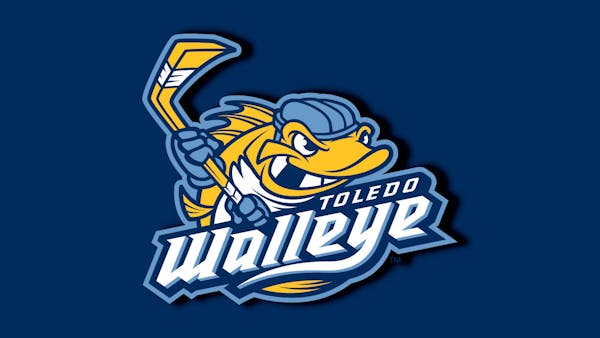
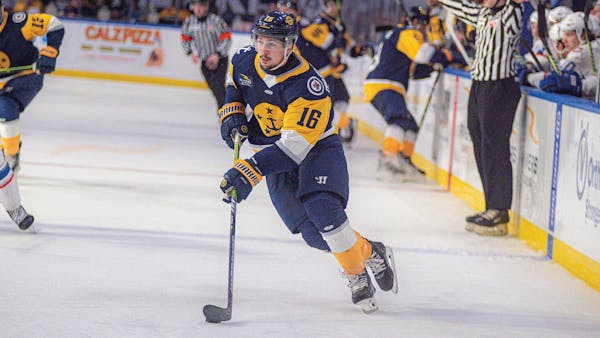
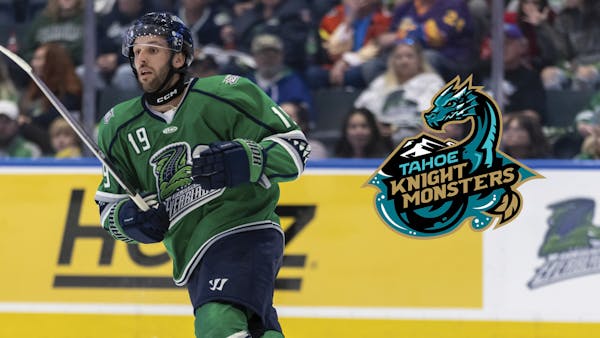

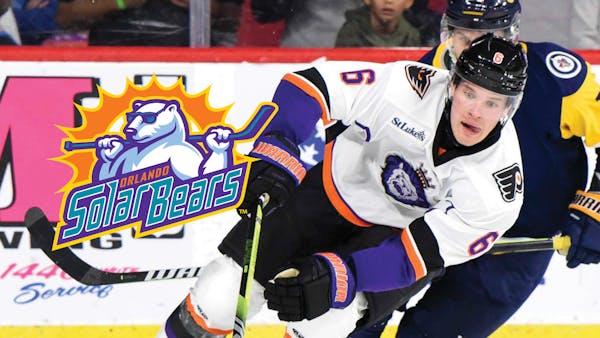
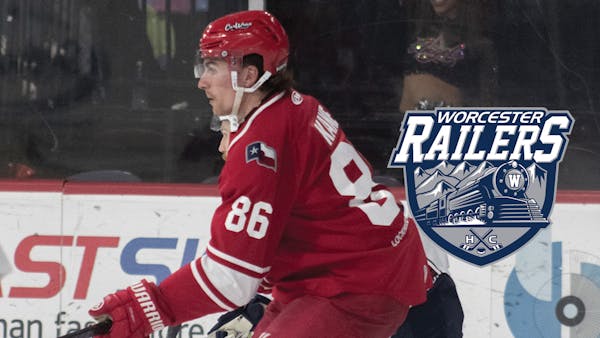
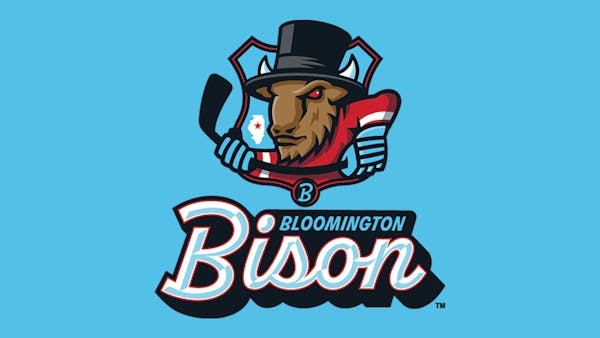














 Adirondack Thunder
Adirondack Thunder
 Allen Americans
Allen Americans
 Atlanta Gladiators
Atlanta Gladiators
 Bloomington Bison
Bloomington Bison
 Cincinnati Cyclones
Cincinnati Cyclones
 Florida Everblades
Florida Everblades
 Fort Wayne Komets
Fort Wayne Komets
 Greensboro Gargoyles
Greensboro Gargoyles
 Greenville Swamp Rabbits
Greenville Swamp Rabbits
 Idaho Steelheads
Idaho Steelheads
 Indy Fuel
Indy Fuel
 Iowa Heartlanders
Iowa Heartlanders
 Jacksonville Icemen
Jacksonville Icemen
 Kalamazoo Wings
Kalamazoo Wings
 Kansas City Mavericks
Kansas City Mavericks
 Maine Mariners
Maine Mariners
 Norfolk Admirals
Norfolk Admirals
 Orlando Solar Bears
Orlando Solar Bears
 Rapid City Rush
Rapid City Rush
 Reading Royals
Reading Royals
 Savannah Ghost Pirates
Savannah Ghost Pirates
 South Carolina Stingrays
South Carolina Stingrays
 Tahoe Knight Monsters
Tahoe Knight Monsters
 Toledo Walleye
Toledo Walleye
 Trois-Rivières Lions
Trois-Rivières Lions
 Tulsa Oilers
Tulsa Oilers
 Utah Grizzlies
Utah Grizzlies
 Wheeling Nailers
Wheeling Nailers
 Wichita Thunder
Wichita Thunder
 Worcester Railers
Worcester Railers